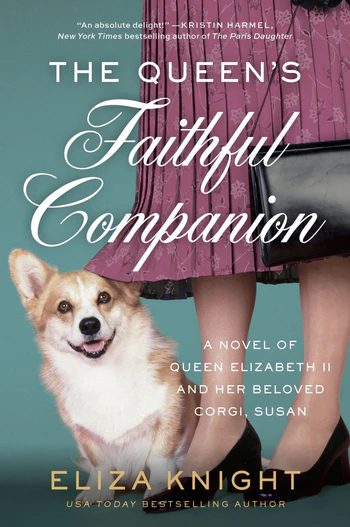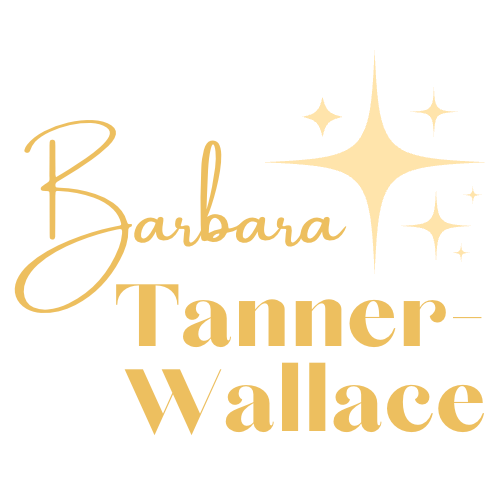
Let’s talk about luck.
In 1988, a technical mishap caused Stevie Wonder to delay his performance at the Nelson Mandela Birthday Tribute at Wembley Stadium. (Mandela, then 70, was still in prison at the time. The concert was to honor his commitment to South African freedom.)
While the stage crew scrambled to fix the problem, Tracy Chapman – who was still new to the industry and who had already performed earlier in the day – went on stage and filled the programming gap with an acoustic performance of her debut single, “Fast Car.”
You can guess the rest of the story. Her performance blew people away, Fast Car, which until then had been moderately successful, shot to the Top Ten, and Chapman was on her way to being the iconic superstar we know today.
How often have we heard stories like this one? How one moment, one fluky lucky break, sparked giant success? Book Tok discovered a novelist who’s been around for years, Mo Lewis takes out Drew Bledsoe, opening the door for Tom Brady to play.
The thing about those lucky breaks is that we can’t count on them. We can prepare for them, we can watch for them, we can take advantage if they come our way, but we can’t count on them.
Which sucks.
Recently on Rethinking with Adam Grant, author John Green remarked that the more talented a writer is, the more they need luck if they want to become a bigtime author. He’s right. I know a ton of writers who did everything right and still couldn’t crack the bestseller list. Not because their book was bad – in fact often their books are amazing – but because they didn’t catch that lucky break.
So, what’s a writer to do?
From where I stand, you have three choices.
- You can say “Why bother?” and quit.
- You can, as I said above, do the work, and be ready for when opportunity comes your way.
Do you think Tracy Chapman planned on Stevie Wonder losing his backup music? No, but she was smart enough to capitalize on the moment when he did. Did Tom Brady sit around waiting for Bledsoe to sheer his artery? Of course not. He worked and practiced and continued building his skills so that when his moment arrived, he was ready to show the world his greatness. - You can redefine your definition of success.
There was a time when typing the worlds The End felt like a success. Over the years, I’ve put pressure on myself to hit bigger, more impressive goals. As a result, success became about not what I’d achieved, but what I needed to accomplish next.
Maybe its old age catching up with me, but in the past year, I’ve felt my priorities shift. Writing has become more about the story and less about being a best seller. Don’t get me wrong – I’ll grab my Tracy Chapman moment if I get it – but so long as I am able to tell stories, I’ll be a success either way.
That’s how I see the situation. What choices will you make?
What I’m Reading

The Queen’s Faithful Companion by Eliza Knight.
A delightt of a story about the early years of Queen Elizabeth as seen through her relationship with Susan, her corgi.
And, for those who are interested, here’s the Chapman performance that changed everything. Listen to how quiet the crowd got. (VIdeo courtesy of Kolonel Briket)


